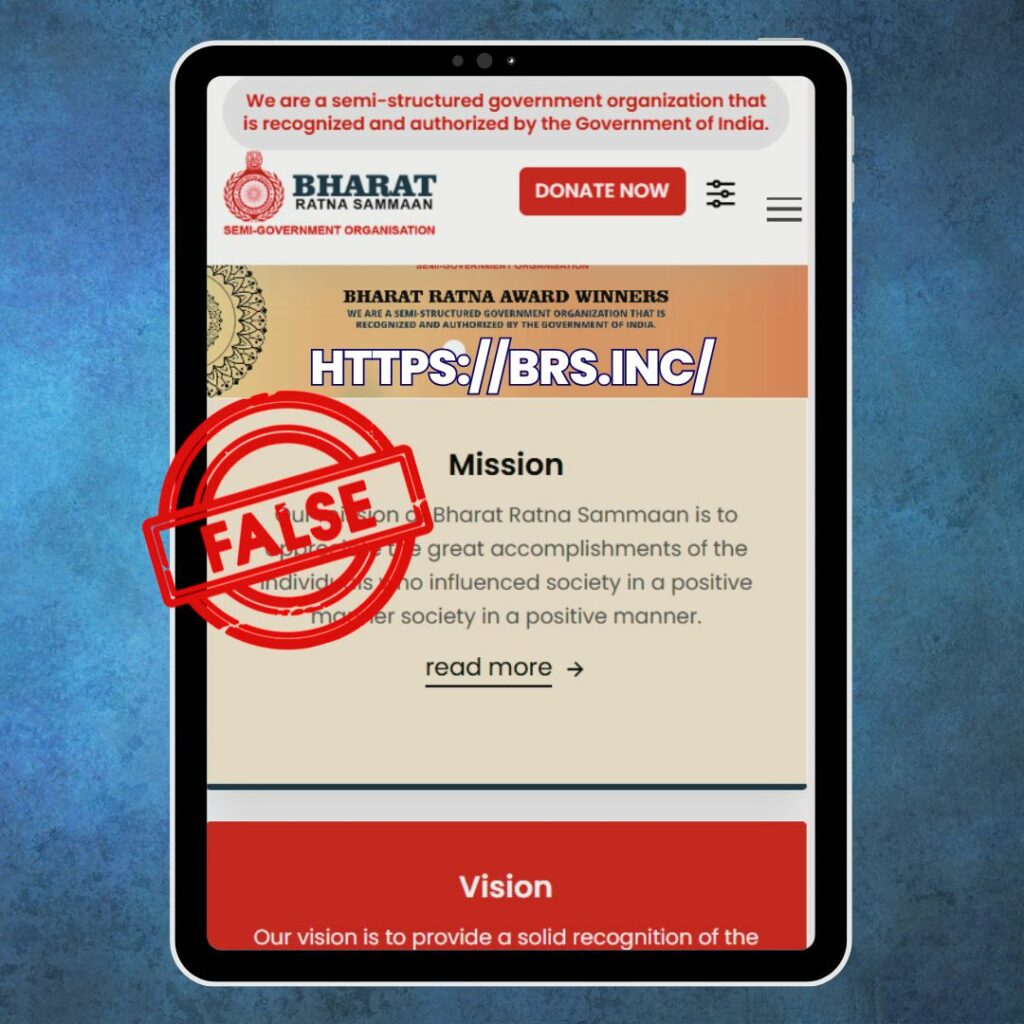The Narendra Modi led Bharatiya Janata Party government brought in the electoral bonds bill that paved the way for a ‘secretive channel’ to obtain money from the corporates for the political parties, despite the Reserve Bank Of India restraining them to do so.
Before rolling the bill, BJP sought RBI’s permission into consideration, but when they were denied permission to introduce such discretion in political funding, BJP hastily put the bill in place, according to documents acquired by the Huffington Post.
According to data compiled by the Association for Democratic Reforms, through this ‘flawed system’ of ‘transparency’, the BJP received Rs 437.04 crore in donations in FY 2017-18 from known sources, while its income from hidden sources was Rs 553.38 crore, more than half (53 per cent) of its country-wide collections.
Electoral bonds, worth at least Rs 6000 crore have been sold since March 2018. Of the first tranche, worth Rs 222 crore, the BJP garnered 95 per cent of the total money through electoral bonds, becoming the biggest beneficiary of the opaque system.
What Are Electoral Bonds?
Electoral bond was touted as an alternative to cash donations and to ensure transparency in political funding. Before 2017, the electoral bonds scheme was for the donation of over Rs 20,000. In 2017, the government capped the donation limit at Rs 2,000.
The electoral bond is a system that allows political parties registered under Section 29A of the Representation of the People Act, 1951, to obtain money from any source while maintaining the secrecy of the contributors. Earlier, only 7 per cent of the total revenue generated by the corporates could be given to political parties. However, after the introduction of electoral bonds, there is no financial cap.
The Centre also ensured to keep electoral bonds beyond the purview of the Right To Information Act.
How Did BJP Manage to Roll Out The Bill?
Four days before the Budget 2017 was to be announced by the then finance minister Arun Jaitley, a senior tax official raised concerns over the introduction of the opaque system of electoral bonds. To enforce such a bill, the Reserve Bank of India Act would need amendments.
On January 28, 2017, Jaitley drafted the required amendments and sent them to his seniors, who forwarded the draft “for early comments” to R S Gandhi, the then RBI deputy governor and second in command after Urjit Patel.
On January 30, the RBI responded saying that these amendments would set a “bad precedent” and encourage money laundering.
“Bearer instruments have the potential to become the currency and if issued in sizeable quantities can undermine faith in banknotes issued by RBI,” the report quotes RBI’s response as saying.
“The bonds are bearer bonds and are transferable by delivery. Hence who finally and actually contributes the bond to the political party will not be known,” according to a source quoted in the Huffington Post report.
Even when RBI opposed the idea of maintaining such discretion, Hasmukh Adhia, the then Revenue Secretary, dismissed RBI’s concerns. He wrote a note to Tapan Ray, then Secretary for Economic Affairs, and Arun Jaitley saying that the RBI had “not understood the proposed mechanism”.
RBI’s opposition to the bill was ignored saying that the concerns were raised by the RBI after the Finance Bill was “already printed”. The BJP then gave themselves a green signal to go ahead with the bill regardless of RBI’s views on it.
“We may, therefore, go ahead with our proposal,” Adhia wrote. Ray agreed, and Jaitley signed off on the file, HuffPost India reported.
After Jaitley announced the scheme in the Budget speech, and the Lok Sabha passed the Finance Bill in 2017 as a money Bill and thus bypassed the Rajya Sabha.
Last week, the Supreme Court referred the matter to a larger bench on whether it was right to introduce the Finance bill as a money bill.
Hastily Passed The Bill
The Centre said that the RBI did not have the power to veto changes to the RBI Act. “Parliament is supreme and has the right to legislate on all subjects of governance including the RBI Act.”
In June 2017, the finance ministry formulated regulations on how these bonds would work. “The information regarding purchaser and payee shall be kept secret by the issuer bank. These details would also be beyond the purview of RTI.”
Jaitley assured all political parties that they do not have to maintain the record of who was contributing through electoral bonds.
In July 2017, officials from the finance ministry, RBI and Election Commission were supposed to discuss the details of how electoral bonds would function.
None of the RBI officials attended the discussion, HuffPost reported. On July 28, 2017, Urijit Patel met Jaitley to discuss the matter. In August, as a follow-up to that discussion, the RBI wrote to the ministry again explaining why it considered electoral bonds were not a good idea.
There was an “inherent scope of misuse of such bonds for undesirable activities,” wrote B.P. Kanungo, RBI deputy governor.
“You may appreciate that globally there are hardly any precedents in recent times for issuance of bearer bonds,” he said.
He also suggested changes that could have made the bonds’ misuse more difficult, including that bonds be valid only for 15 days, only those with KYC-compliant bank accounts be allowed to buy bonds and that the maximum aggregate value of bonds issued in a year be capped.
The Centre accepted only one of the suggestions on 15-day validity, while the other recommendations from the RBI were ignored.
Also Read: ‘Climate Of Fear, Hopelessness Created By Modi Govt Is Stifling Economy’: Dr Manmohan Singh











